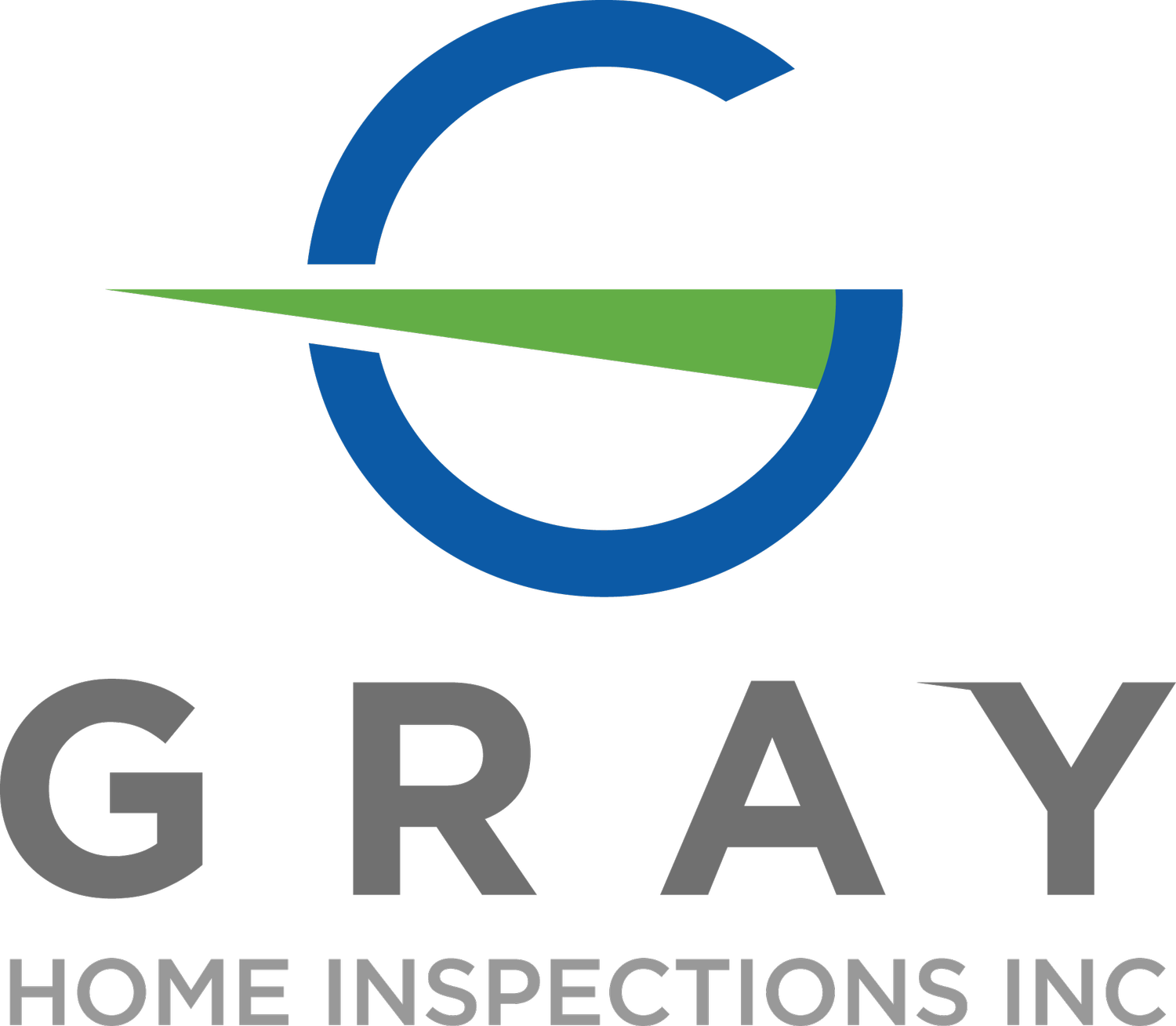10 Essential Inspections Every Homebuyer Should Consider
When it comes to buying a new home, there's more to it than just finding the perfect location and layout. One crucial aspect that often gets overlooked is conducting thorough inspections of the property. Home inspections play a vital role in uncovering potential issues that could impact your investment, safety, and overall satisfaction as a homeowner. In this blog, we will discuss the ten essential inspections that every homebuyer should consider before making a purchase.
- General Home Inspection:
A comprehensive general home inspection should be the first on your list. It covers the overall condition of the property, including the foundation, structure, roof, electrical systems, plumbing, HVAC, and more. It helps you identify any hidden problems that could require costly repairs down the line.
- Pest and Termite Inspection:
Don't let pesky pests and termites ruin your dream home. A thorough pest and termite inspection will assess the property for any signs of infestations or damage caused by wood-destroying insects. This inspection is especially crucial in areas prone to termite activity.
- Radon Testing:
Radon is a colorless and odorless gas that can seep into homes and pose serious health risks. Radon testing is essential to determine if the property has elevated levels of this hazardous gas. If detected, mitigation measures can be taken to ensure a safe living environment.
- Mold Inspection:
Mold growth can lead to respiratory issues and property damage. A professional mold inspection will identify any existing mold problems, potential moisture sources, and provide recommendations for remediation and prevention.
- Lead Paint Inspection:
For older homes, especially those built before 1978, lead paint can be a concern. Lead paint inspections assess the presence of lead-based paint and provide guidance on proper handling or remediation if necessary, especially if you have young children who are more susceptible to lead poisoning.
- Sewer Line Inspection:
A sewer line inspection involves using specialized cameras to assess the condition of the sewer pipes. It helps identify potential blockages, leaks, or damage, ensuring you don't inherit costly sewer problems after purchasing the property.
- Well and Water Quality Inspection:
If the property has a private well, it's crucial to have a well inspection and water quality testing. These inspections determine the functionality and safety of the well system, as well as the quality of the water supply, ensuring it meets the necessary standards.
- Electrical System Inspection:
An electrical system inspection evaluates the safety and functionality of the property's electrical components, wiring, and outlets. It helps identify any outdated or hazardous electrical systems that may require upgrading to meet modern safety standards.
- Roof Inspection:
A roof inspection examines the condition of the roof, including shingles, flashing, gutters, and chimneys. It identifies any existing or potential issues such as leaks, missing shingles, or damage caused by weather conditions, helping you plan for repairs or replacements.
- Foundation and Structural Inspection:
A foundation and structural inspection is crucial to ensure the stability and integrity of the property. It examines the foundation, walls, floors, and other structural components for any signs of cracks, settlement, or structural deficiencies that could affect the safety and long-term value of the home.
Investing in a thorough inspection process before buying a home is a smart move that can save you from costly surprises and provide peace of mind. These ten essential inspections cover a wide range of areas, from general condition assessments to specialized inspections targeting specific concerns. By prioritizing these inspections, you can make informed decisions, negotiate repairs or adjustments if needed, and move forward with confidence in your new home purchase. Remember, hiring experienced professionals for each inspection is key to obtaining accurate and reliable results.
